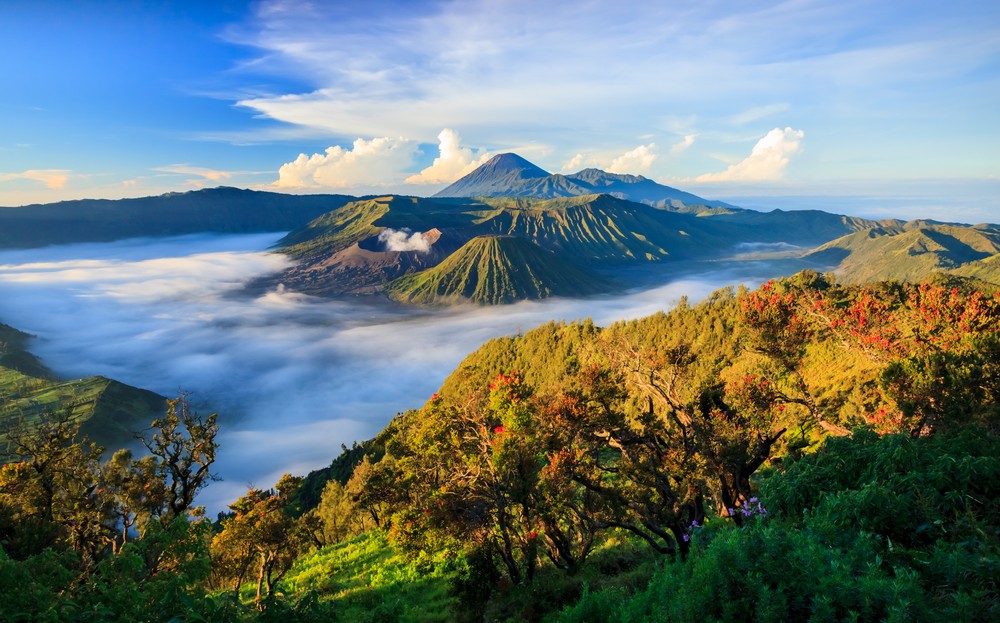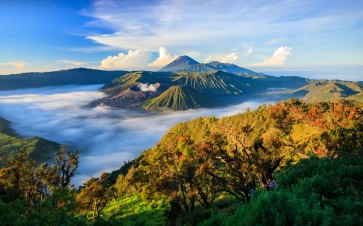Popular Reads
Top Results
Can't find what you're looking for?
View all search resultsPopular Reads
Top Results
Can't find what you're looking for?
View all search resultsEcotourism imperative for sector development
There is also a need to intensify campaigns about Indonesia’s unique heritage among the country’s youth and domestic tourists, many of whom need to more passionately support their own ancient arts, crafts and theater, as well as local produce.
Change text size
Gift Premium Articles
to Anyone
I
ndonesia has set itself an ambitious target of attracting 20 million tourists by 2019. In 2016, there were around 12 million foreign tourists so achieving this target seems somewhat of a stretch.
Nonetheless, the steady increase in foreign arrivals when seen in conjunction with the growth in domestic tourism highlights the importance of the tourism sector for the Indonesian economy. Already it accounts for around 11 percent of gross domestic product, provides employment for 11.7 million people and earned precious foreign exchange worth Rp 172 trillion (US$13 billion) in 2016.
The government has correctly identified tourism-related infrastructure development as a priority to ramp up these numbers and make the country a preferred destination in Southeast Asia.
However, taking a cue from the United Nations, which has declared 2017 the year of sustainable tourism, examining the strategic and policy framework in which tourism in the country should be developed over the coming decade is critical. Haphazard zoning, a rush to construct hotels, severe vehicular congestion, significant increases in waste and garbage and a shortage of trained labor are ground realities that cannot be “photoshopped” out.
Unless the real life experience of tourists on the ground matches the tall promises made in slogans, campaigns and on websites, the country risks disappointing tourists, who are more than likely to take to social media to vent their frustrations. Tourists have many choices today and the combination of budget airlines and ease of e-commerce to book hotels, travel and tours has further empowered consumers and increased their bargaining power. Tourists coming to the region that extends from India to Japan and from China to Australia have many exciting options and competition is especially intense with our ASEAN neighbors.
The imperative is then for Indonesia to develop tourism in a comprehensive manner. In my forthcoming book S.U.G.G.E.S.T for Sustainability I outline the framework of an eco tourism that comprises four dimensions, namely environment, social, cultural and economic. Each of these is critical and requires adequate policy and implementation emphasis.
The economic rationale for tourism development must be balanced with environmental safeguards, social priorities and cultural preservation. Hotels and tourism infrastructure development impact on the availability of water and its availability for farming communities, which are already under pressure. Water conservation, energy saving, tree planting, recycling, use of sustainable materials in construction and eco architecture utilizing natural lighting and circulation to reduce the over-dependence on air conditioning are some practical areas to quickly adopt.


















